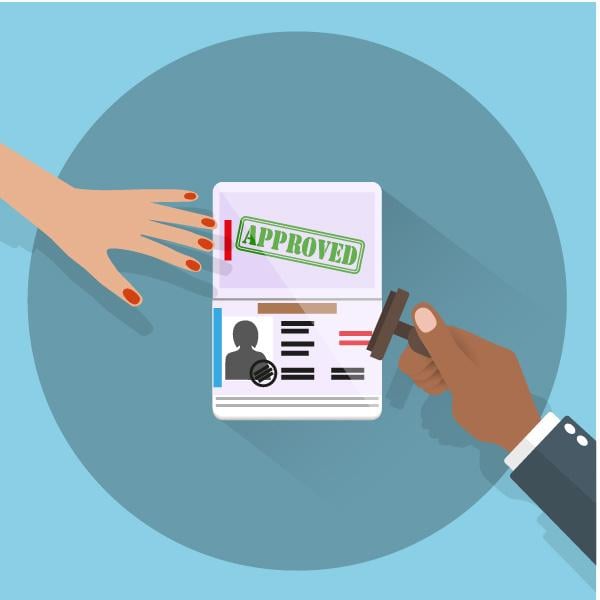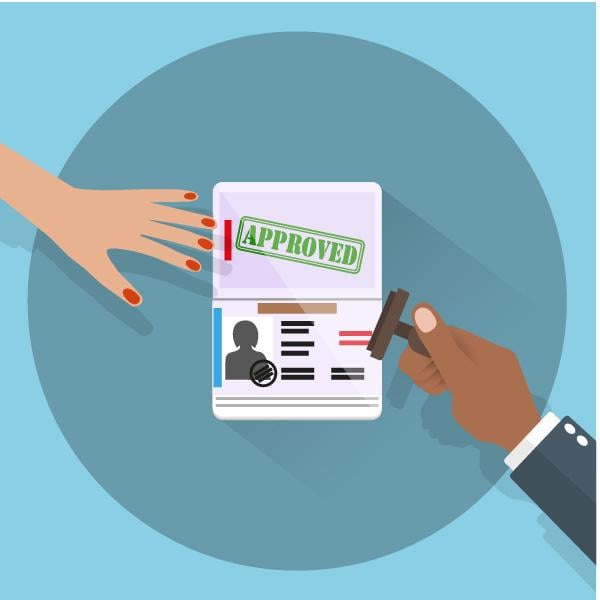
Estonian crypto license updates 2022
The changes to the Estonian AML Act were approved by the Parliament and the new AML rules came into effect on 15th of March 2022. As of the 23rd of May 2022, 347 valid licenses for the provision of virtual asset services had been issued in Estonia. These licensed service providers have until the 15th of June 2022 to bring their activities into line with the new regulation which means modifying and submitting all existing and new supportive documentation to the Financial Intelligence Unit (FIU). Failure to do so will result in the revocation of the licenses.
The list of requirements that current license holders need to comply with in order to update the license
- Having the necessary personnel with local substance (Estonian local managers, AML officers, employees, clients, office, etc.).
- Having the bank account in EEU and depositing the required share capital amount. The share capital must be a minimum of 100 000€ or 250 000€ depending on your business model.
- Drafting the business plan and financial projections for at least two subsequent years.
- Drafting the risk assessment and risk appetite statement.
- Implementing the real-time risk analysis (simplified “Travel Rule”).
- Drafting the license documentation (AML policies, business continuity plan, IT systems description etc.)
- Appointing an internal auditor to perform the tasks of the internal audit activity.
- Submitting the balance sheet and annual report audit.
- Submitting the license application to FIU.
All documents should be submitted with Estonian translation!
Main requirements that are still applicable for cryptocurrency license holders
- Having the management board member and AML officer who reside in Estonia.
- Providing passport copies and non-criminal records from all countries of citizenship.
- Providing CV-s (resumes) and education info for all participants in the company.
- Having a physical presence in Estonia, including separate office space.
- Providing the information about the company bank account including bank name and IBAN code in the European Economic Area (EEA). The account needs to be opened at a traditional bank or e-money institution or payment service provider operating officially in the EEA and approved by the Estonian Financial Supervision and Resolution Authority (FSA).
- Uploading the description of services and the document describing management board member activities.
- Providing AML internal procedures document that is compliant with the Estonian AML Act.
The analysis made by the FIU indicated that the legislative amendments made in 2020 did not fulfil their purpose. Therefore, the authority decided to add new and stricter requirements.
State fee
All the companies with valid licenses will also have to pay the state fee of 4000€ for making the changes in their license application. No state fee shall be charged for the review of an application for change if the change is limited to the change of the address data of the location of the company within Estonia.
Transferability of the activity license
The activity license shall not be transferable to another person. The activity license shall be revoked if the service provider merges with the establishment of a new entity or merges and the acquiring entity continues to operate as a service provider.
Submission of the application
The application can be submitted through Consumer Protection and Technical Regulatory Authority webpage. The FIU decides whether to grant a license within 60 working days of receipt of all required documents and information.
The virtual currency service provider can no longer give notice of temporary withdrawal.
If you’re interested in our service for a crypto license or updating or obtaining the license, feel free to get in touch with us via our webpage or write directly to hello@comistar.com.For more content on Fintech Licensing check out our blogs on E-Money & Payment Institutions, AISP/PISP and our FinTech launchpad.


